A landmark decision by the U.S. Supreme Court in 2023 narrowed the federal definition of a wetland, resulting in drastic reductions in the protection of this critical ecosystem.
Why are wetlands important?
Wetlands – areas in which the soil is covered or saturated by water either seasonally or annually -are vital ecosystems that provide benefits to both the environment and humans. These benefits are significant and diverse, including:
- They serve as important habitats for fish, shellfish, and wildlife. Wetlands are home to 40% of the world’s species and 75% of commercially harvested fish and shellfish species in the U.S., including oysters. No Wetlands, No Seafood!
- Acting as natural sponges that hold and absorb stormwater to reduce flooding of low-lying towns and communities.
- Filtering our drinking water removes pollutants and acts as a nutrient sink for phosphorus and nitrogen.
- Storing immense amounts of carbon keeps it out of our atmosphere.
- Providing numerous opportunities for human recreation.
Flooding has become one of North Carolina’s most common natural disasters, occurring around once every 8 years and costing N.C. counties “more than $1 million a year.”
A single acre of wetlands can hold over 1 million gallons of stormwater, helping to manage flood waters on the landscape and reducing flood impacts to our cities, towns, communities, and rural working lands.
We need to ACT NOW to protect North Carolina’s wetlands. Your gift in any amount will help our team protect these important habitats.
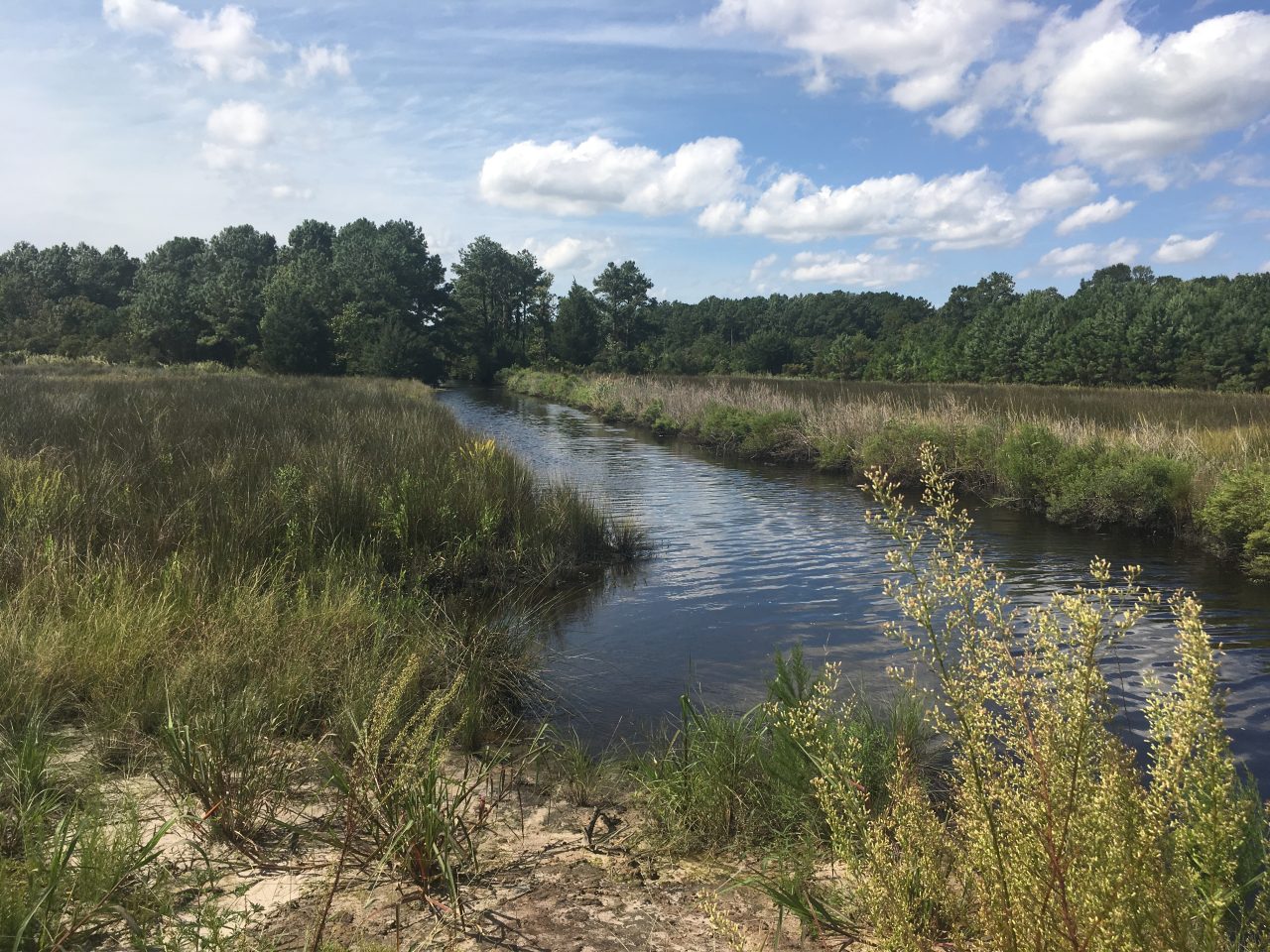
What did the Supreme Court Decide?
For a wetland to be protected under the Clean Water Act, it needs to be considered part of the “waters of the United States” (abbreviated as WOTUS). While the definition of the term “waters of the United States” has been debated, it is often understood to mean navigable waterways in the United States and their adjacent wetlands.
In 2023, the Supreme Court ruled that wetlands were only protected under the Clean Water Act if there was a “permanent, continuous surface connection to bodies that are waters of the United States.” Soon after, in the North Carolina Farm Act of 2023, the North Carolina General Assembly adopted the same definition for wetlands in North Carolina. Gov. Cooper vetoed the bill, citing his concerns over the removal of protections for isolated wetlands. The General Assembly overrode his veto four days later.
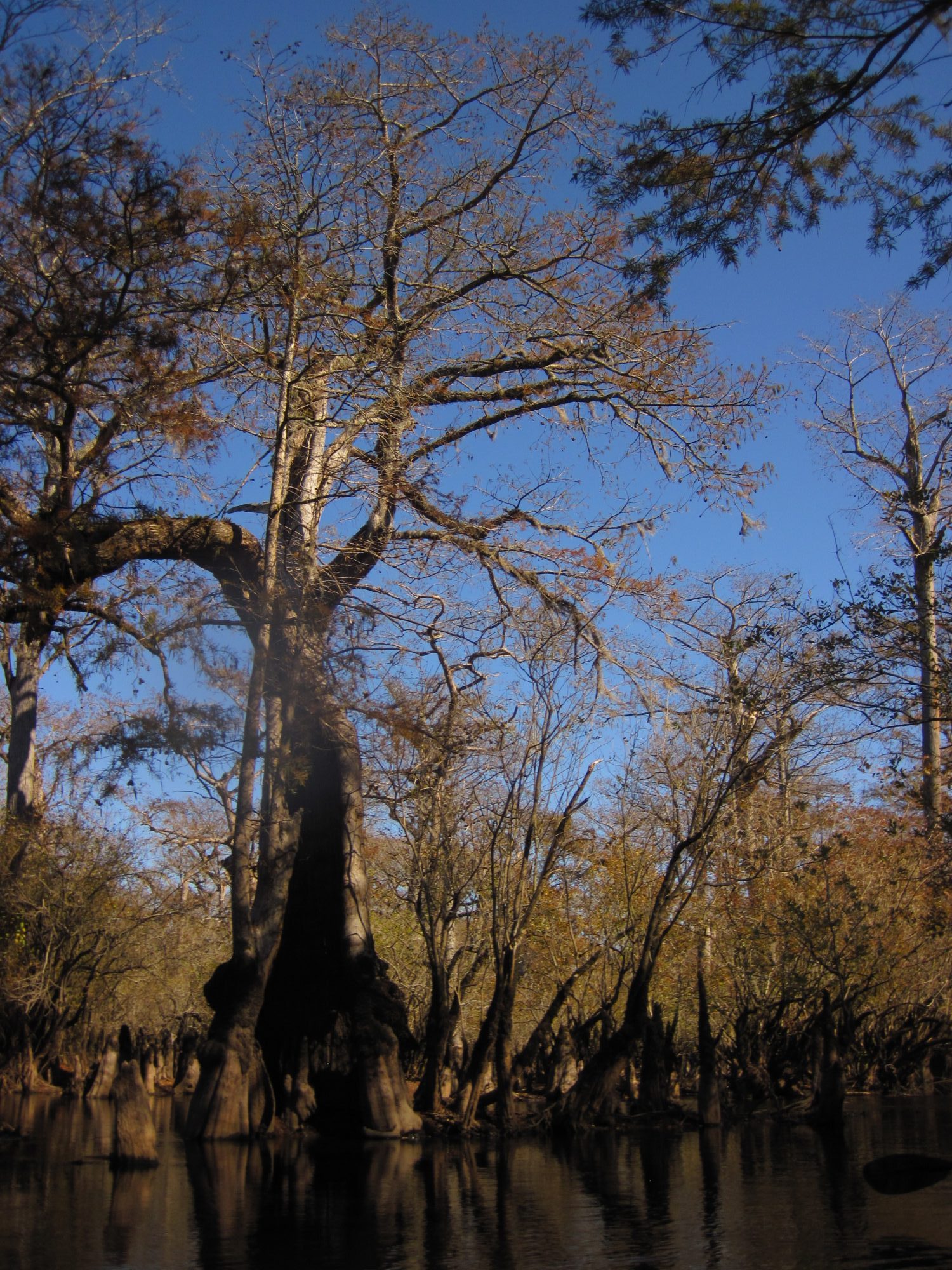
With the federal government no longer protecting approximately half of the country’s surface waters, it is up to state and local governments to protect wetlands and safeguard water resources from pollution and degradation. In February 2024, North Carolina Governor Roy Cooper issued Executive Order No. 305, which, among other things, set statewide goals for North Carolina public and private partners to collectively achieve, by 2040, to permanently conserve 1 million new acres of forests and wetlands and restore 1 million new acres of forests and wetlands.
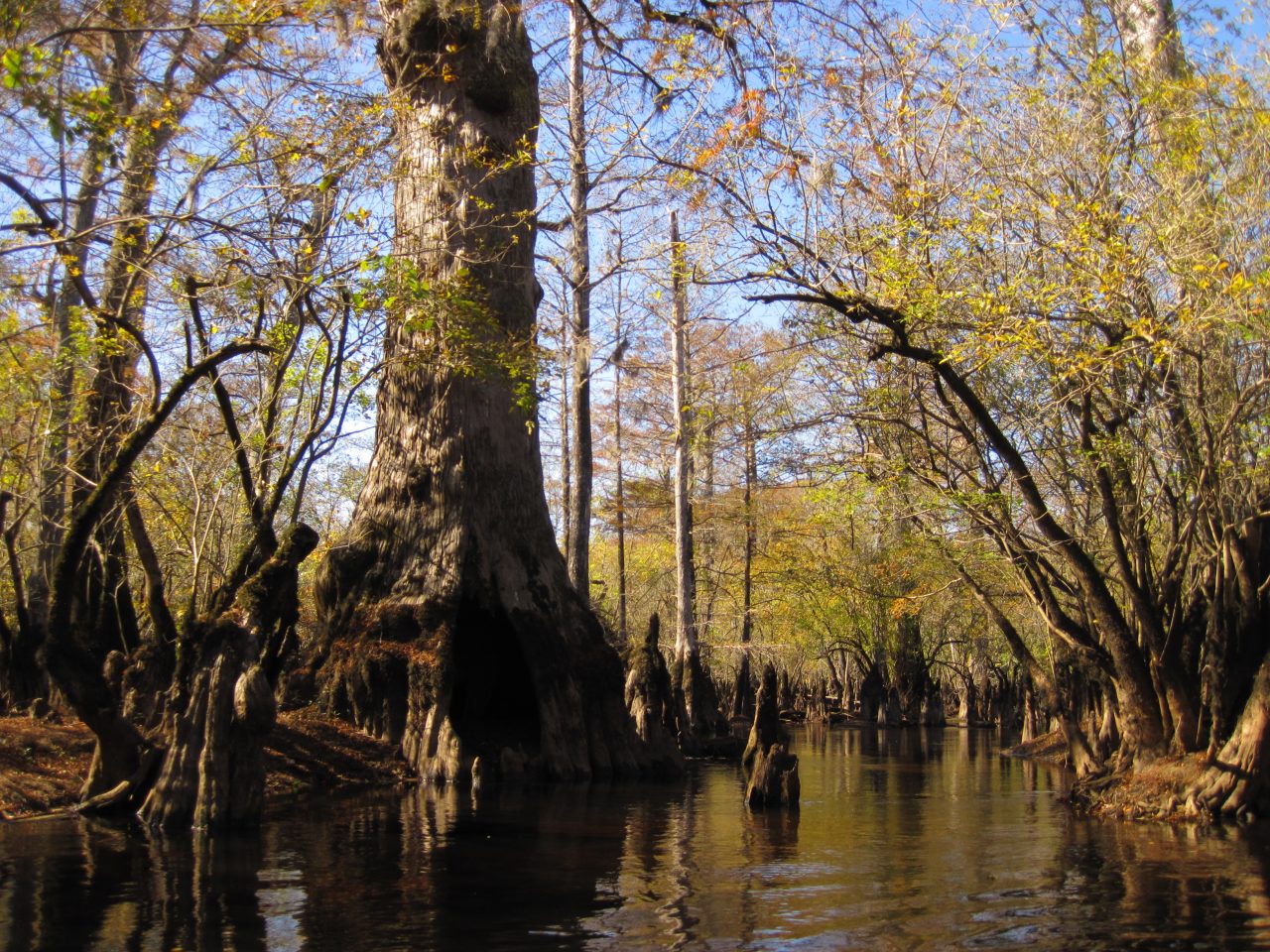
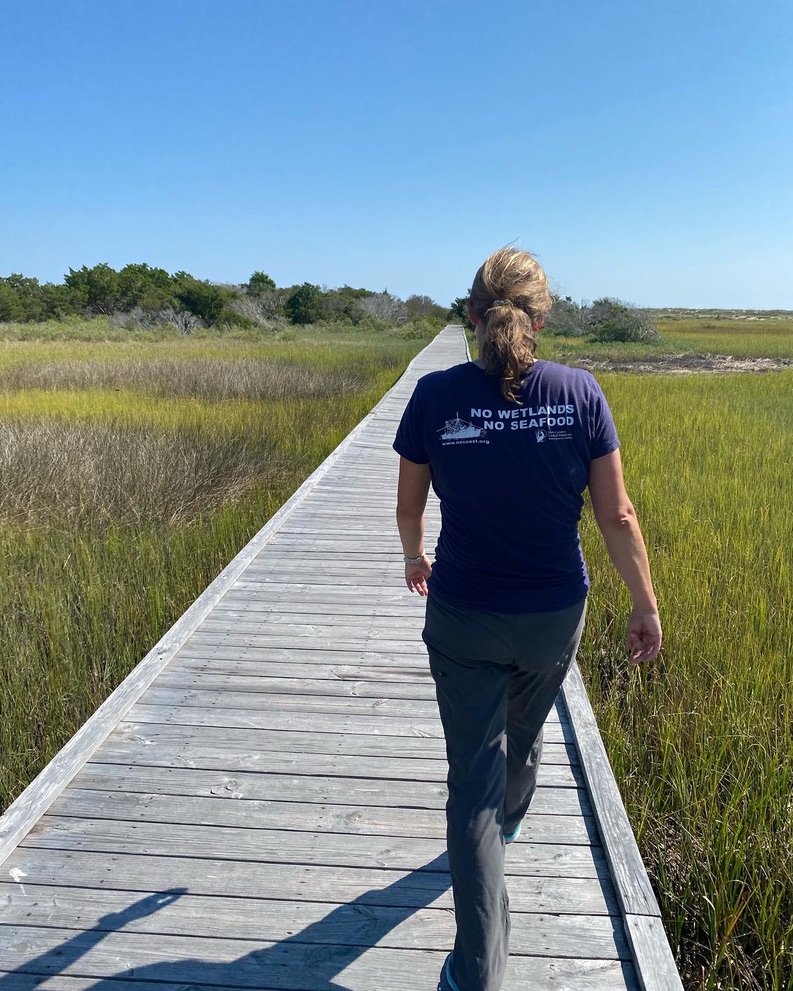
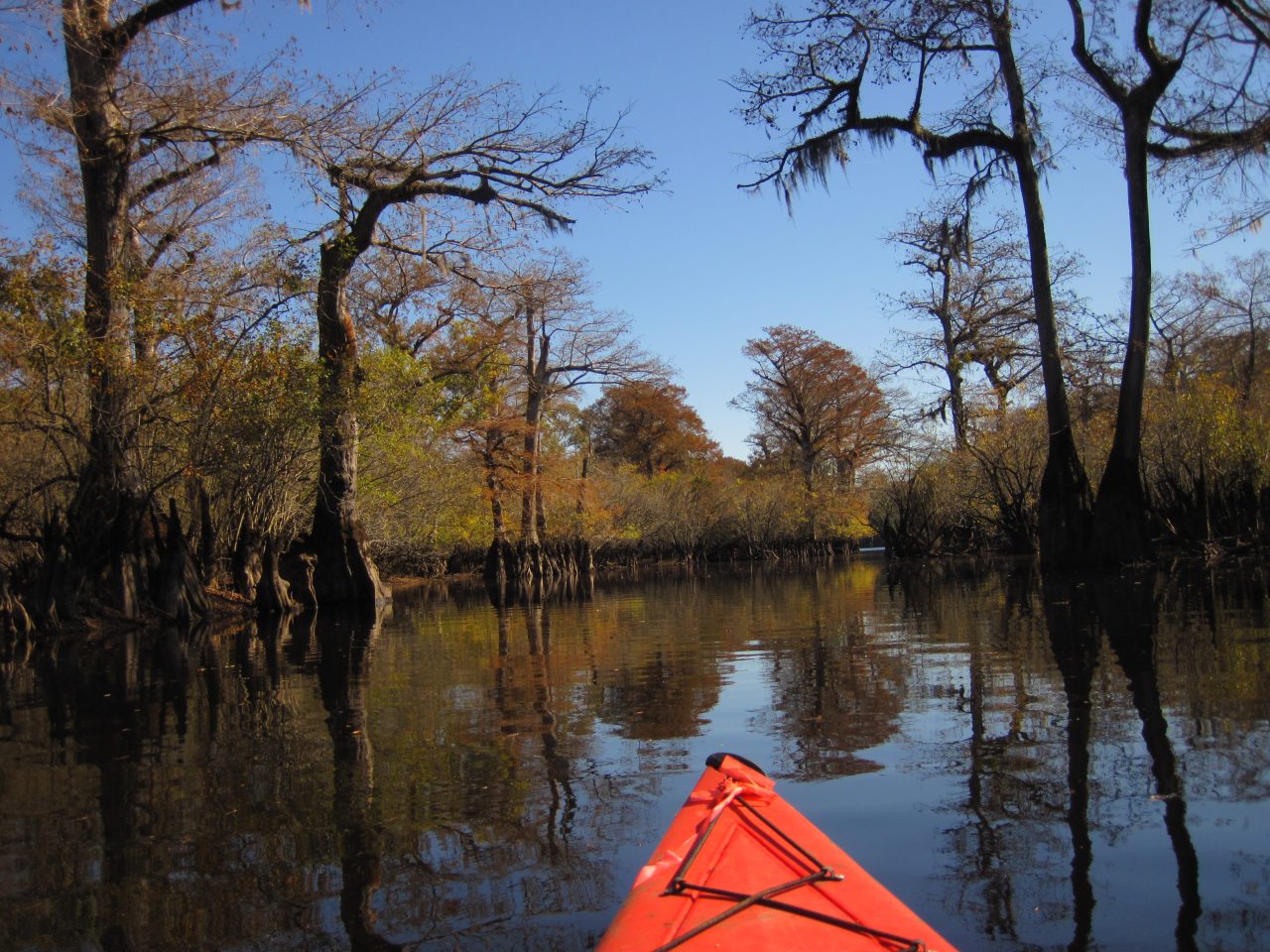
Why does this change matter?
This decision by the Supreme Court, and the subsequent decision by the General Assembly, leave isolated wetlands – which are wetlands without a “continuous surface connection” to a body of water that is navigable – without both federal and state protection.
Isolated wetlands, much like their non-isolated counterparts, are vital for flood protection, especially during coastal storms. According to the EPA, North Carolina has around 30,000 isolated wetlands that no longer have protection. This was not unforeseen by certain Supreme Court Justices, Justice Kavanaugh wrote that “the Court’s new test will leave some long-regulated adjacent wetlands no longer covered by the Clean Water Act, with significant repercussions for water quality and flood control throughout the United States.”
The economic and environmental benefits of wetlands are unmatched by any other ecosystem on the coast and across the state and nation. The loss of protections for isolated wetlands will cause serious impacts to coastal communities, environments, and fisheries.
A recent survey conducted by the Environmental Defense Fund found that an eye-popping 87% of North Carolina voters agreed they want to see lawmakers take action to protect the state’s wetlands.
What can you do?
Keep Informed:
Executive Order 305 Hub – NC Dept. of Environmental Quality Executive Order 305 Workgroup
Environmental Defense Fund – Wetlands Are Worth It
Coastal Review – Impact of the 2023 Sackett Decision
Coastal Review – Impact of the 2023 North Carolina Farm Bill
Spread the Word:
- Talk with your colleagues about the important benefits wetlands provide for North Carolina:
- Wildlife habitat
- Clean drinking water
- Flood reduction
- Buffer from erosion
- Access for recreation
- No Wetlands, No Seafood!
Questions? Contact Coastal Advocate Kerri Allen at kerria@nccoast.org
